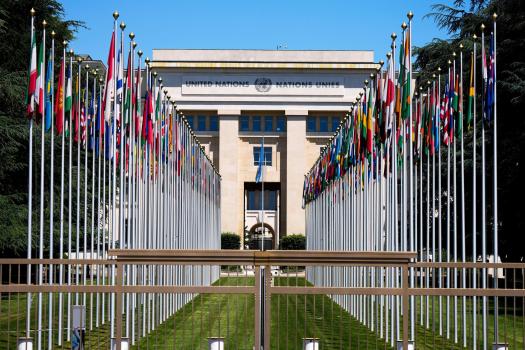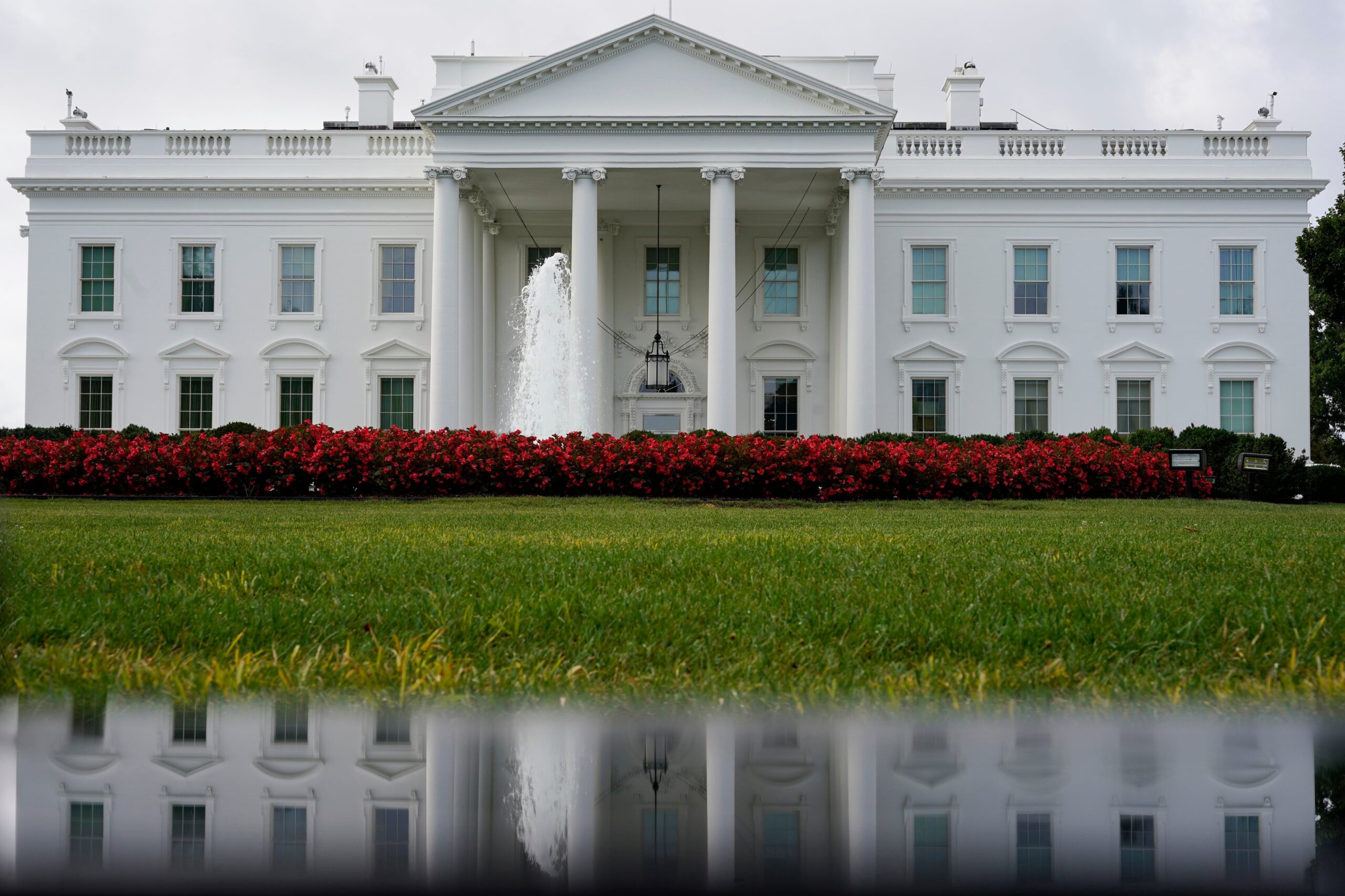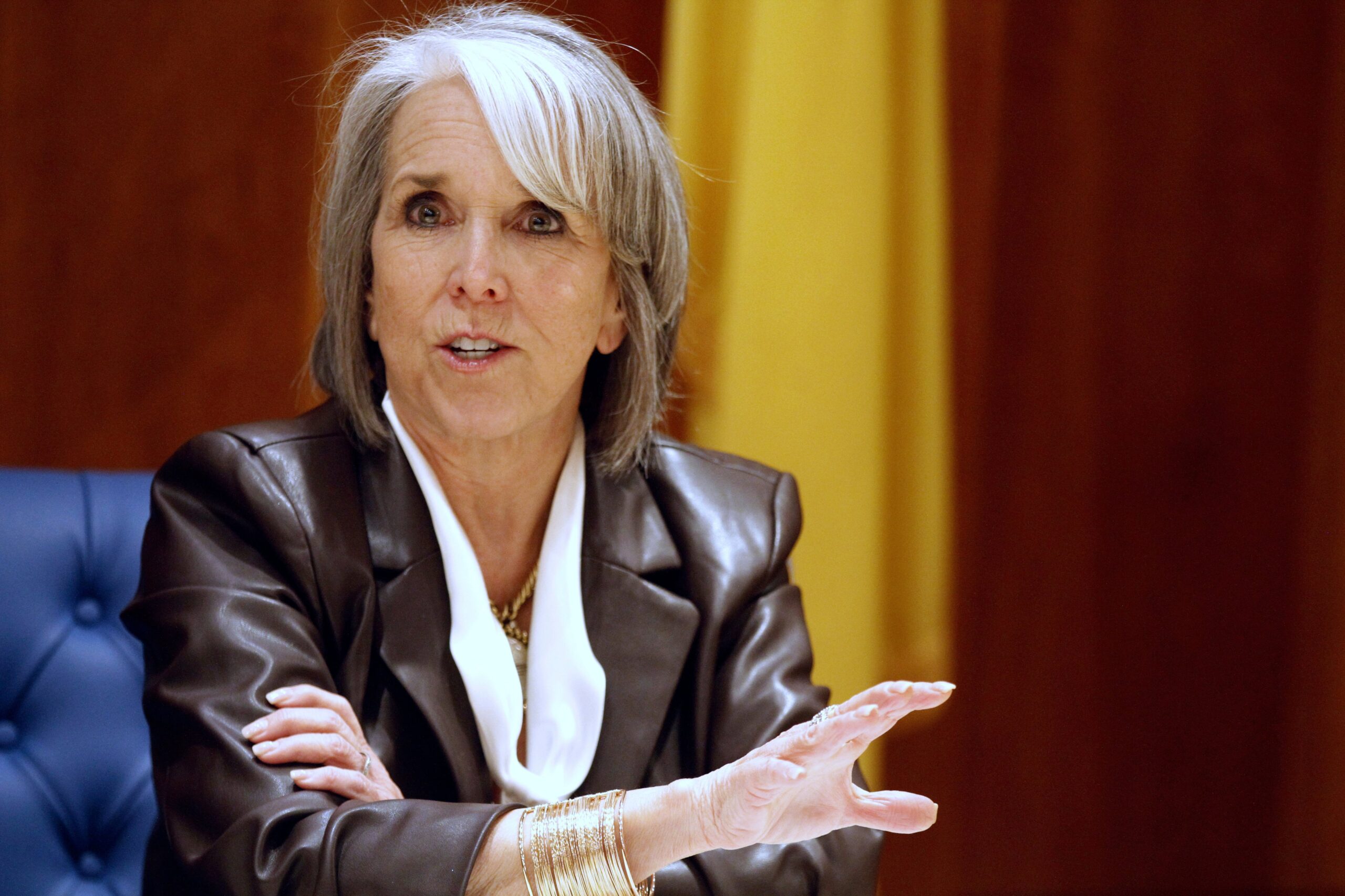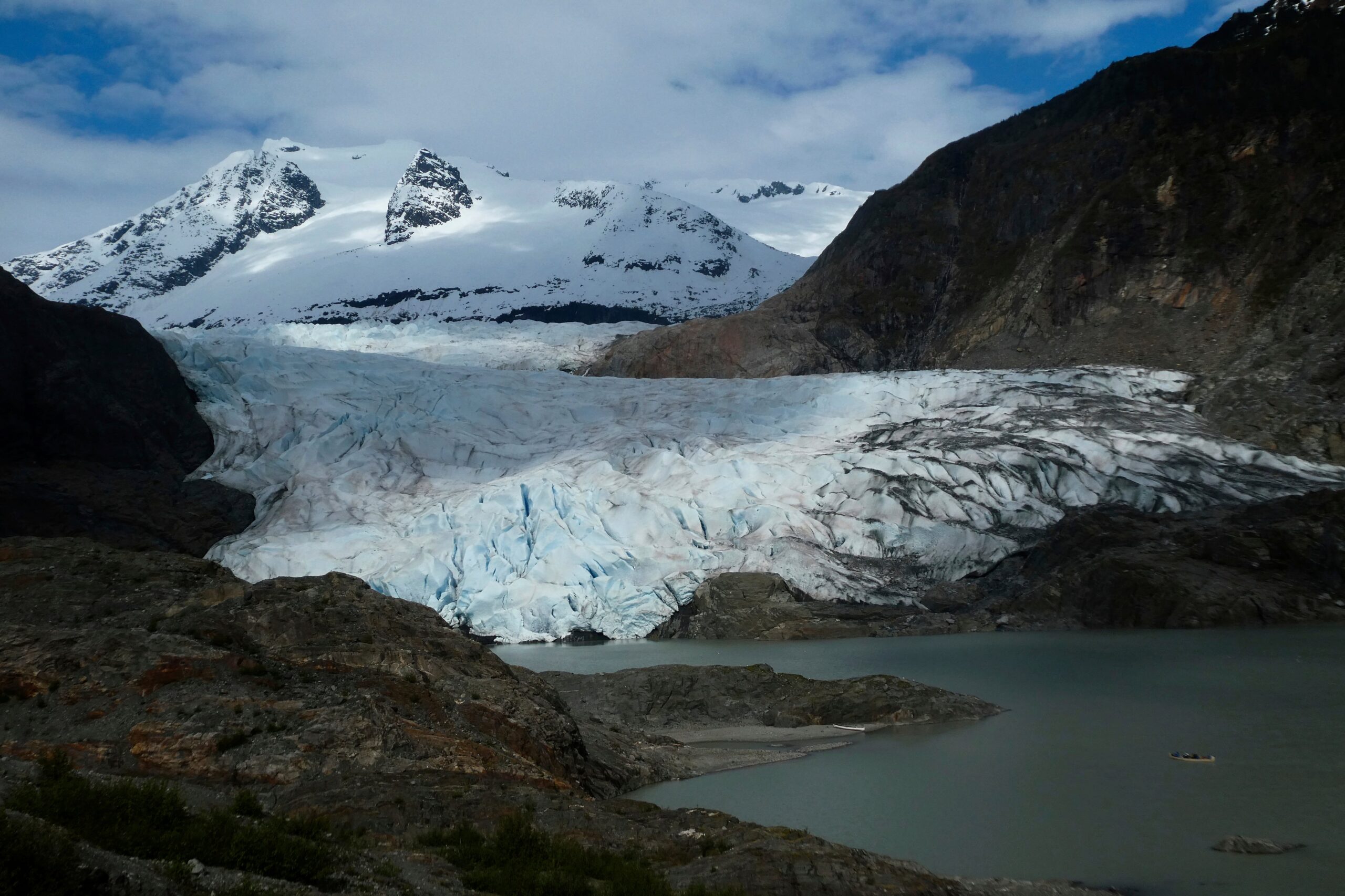By EDITH M. LEDERER
United Nations (AP) This month marks the 80th anniversary of the United Nations, a cooperative global vision born from the ashes of World War II. There’s hardly much to rejoice over.
It loses some of its influence on the global scene. It has been obliged to lay off employees and begin implementing long-delayed reforms due to significant funding cuts from the US and other countries. Its long-standing multilateralist tenet is being challenged. The Security Council, its most powerful body, has been prevented from acting to put a halt to the two main hostilities in Gaza and Ukraine.
Additionally, it watched from the sidelines as the most recent crisis between the United States, Iran, and Israel erupted.
A question looms over the organization and the approximately 150,000 people it employs and manages as it attempts to forge a new course for the future four generations after it was founded: Can the United Nations continue to be relevant in a world that is becoming more divided and contentious?
Can it survive at all, its dream of cooperation drifting?
The primary objective of the 50 signatories to the U.N. Charter, which was first uttered on June 26, 1945, in San Francisco, was to protect future generations from the horrors of war.
The same idea was reiterated earlier this year by U.N. Secretary-General Antonio Guterres: Eight decades later, there is a clear connection between the United Nations’ founding and averting a third world war.
So far, no such conflict has occurred. However, disputes continue to flare.
In addition to Gaza and Ukraine, they are still present in Sudan, eastern Congo, Haiti, Myanmar, and, most recently, Iran and Israel. Even if wealthy donor countries—not only the United States—are cutting back on their aid resources, the needs of tens of millions of people stuck in conflict and impoverished have grown.
The 80th anniversary will be commemorated on June 26 by the U.N. General Assembly. The original U.N. Charter, which is on loan from the U.S. National Archives in Washington, is a unique highlight of an exhibition on the San Francisco meeting that opened at U.N. headquarters this week.
However, there is a somber atmosphere in the hallways of the United Nations headquarters in New York.
Diplomats are worried about the near future, particularly the results of a U.S. study of the UN and other multilateral organizations that President Donald Trump ordered in August. Additionally, as part of Guterres’ reform initiative and in response to the already announced Trump funding cuts, 20% of U.N. employees here as well as in more than 60 offices, agencies, and operations that get funds from its regular operating budget would lose their jobs.
Regarding the approaching anniversary, Kazakhstan’s U.N. Ambassador Kairat Umarov stated that it is not a cause for celebration.
He stated that this should be a united, rather than a divided, United Nations. We can do a lot as a group, but we are unable to agree on many issues today, therefore we have decided to disagree.
Just 50 countries, mostly from Latin America and Europe, with six from the Middle East and a handful from Asia and Africa, signed the U.N. Charter in a world without landlines, radios, or propeller planes.
Its membership has almost doubled over the years to 193 countries, with 54 African states currently making up the largest bloc, followed by 54 Asian and Pacific nations. With the introduction of computers and satellites, the world has undergone significant change, becoming what the late former Secretary-General Kofi Annan referred to as a “global village.”
Since its inception, when it concentrated on issues of justice, economic and social concerns, peace and security, and trusteeships for colonies, the U.N. system has also grown significantly.
The U.N. system’s map today resembles a multi-headed octopus with numerous tentacles and tiny tentacles growing from them. Its secretariat and many funds, organizations, and enterprises that deal with everything from human rights and peacekeeping to children and refugees employed more than 133,000 people worldwide in 2023.
Having been Singapore’s ambassador to the United Nations twice, Kishore Mahbubani praised the organization with averting World War III thus far. Even while there are still wars, he claimed that overall, the world is far more peaceful and that the number of fatalities has continued a long-term reduction.
According to renowned geopolitical researcher Mahbubani, many minor states continue to exist in peace without fear of being occupied by their neighbors.
Additionally, Mahbubani and others highlight the accomplishments of the 71 U.N. peacekeeping missions since 1948, which have included missions in Angola, Cambodia, Sierra Leone (current Security Council member), and Liberia (to join in January).
The International Atomic Energy Agency, the U.N.’s nuclear watchdog, the International Telecommunications Union, and specialized U.N. agencies—particularly those addressing hunger, refugees, and children—are also widely praised. It distributes satellite orbits and the world’s radio spectrum, among many other duties, and provides millions of people with digital connectivity.
As Guterres stated to the Security Council earlier this year, the UN continues to be the unique and vital platform for promoting human rights, sustainable development, and peace.
World leaders are given a worldwide forum at the General Assembly every September. Additionally, their ambassadors and diplomats meet daily to discuss topics ranging from the battle for gender equality and high-quality education to conflicts and climate change. Such discussions can occasionally have negligible or no outcomes. At other times, accomplishments are disregarded by the international community at large, apart from the centers of diplomacy.
Additionally, the only forum where Russia and Ukraine regularly clash over the ongoing conflict that followed Russia’s 2022 invasion is the Security Council, where Israeli and Palestinian diplomats regularly square off against one another.
Singapore’s Mahbubani described the United Nations as a very sad institution today, despite its accomplishments over the past few decades, and bemoaned Guterres’ failure to inspire mankind in the same way that the late Pope Francis did. However, Mahbubani asserted that it ought to rejoice in the fact that it is still alive.
Related Articles
-
Bezos arrives in Venice as protesters say his star-studded wedding highlights growing inequality
-
Trump defends US strikes on Iran as intel assessment stirs debate
-
Trump says US and Iranian officials will talk next week as ceasefire holds
-
NATO leaders agree to hike military spending and restate ironclad commitment to collective defense
-
Pope Leo XIV affirms celibacy for priests, demands firm action on sex abuse
In 2025, John Bolton, a former U.S. ambassador to the UN and Trump’s first-term national security adviser, also expressed disapproval of the U.N. Bolton, a vocal Trump opponent now, said, “It’s probably in the worst shape it’s been in since it was founded.”
He cited the Security Council’s deadlock on important topics. He places the blame on growing international tensions that split the five veto-wielding countries of the council, with China and Russia opposing the United States, Britain, and France on a number of global issues.
Since the 1990s, the United Nations has been in and out of crises, according to Richard Gowan, director of the International Crisis Group, a think tank. This is not another blow-up that will pass, he added, given the dire geopolitical situation and the impact of U.S. budget restrictions on humanitarian efforts.
According to Gowan, everyone appears to be accepting that the United Nations will be smaller in the coming years. This is partly due to the fact that almost all of the member states have other priorities.
Guterres has started a number of significant reform initiatives, and last September, U.N. member states approved a Pact for the Future, a plan to unite the world to address the challenges of the twenty-first century. According to Gowan, the organization must be streamlined for Guterres’ successor, who will be elected next year and assume power in 2027. However, the divided U.N. membership will need to approve significant cuts, consolidations, and adjustments. Combining U.N. development and relief organizations to prevent redundancy is one example of a potentially radical reform.
Remember that a great deal of diplomatic business, most of which has nothing to do with the UN, is conducted because New York is the location for such discussions, Gowan advises.
Many spies and intelligence personnel would likewise be extremely sad if the United Nations were to shut. According to Gowan, it’s a great place to build your network. Americans might not be aware of how lucrative it is for us to spy on other countries with the U.N. in New York. Therefore, we shouldn’t ignore that.
China will become more significant as a result of the Trump administration’s efforts to weaken the United Nations, which the US created in 1945, according to Ian Bremmer, chairman of the Eurasia Group, a political risk and consulting organization. He claimed that China would become the most powerful and well-funded country in those organizations as a result of Trump’s departure from the World Health Organization and the United Nations agency that aids Palestinian refugees, UNRWA, and his reduction of humanitarian money.
Bremmer, who identifies as Guterres’ close adviser, maintained that the UN is still relevant without any reservations.
It is an organization with comparatively few resources. It is incapable of using force. According to Bremmer, it has no independent foreign policy. However, its validity and trustworthiness in representing 8 billion people on our small planet are unique.
The crucial point, he continued, is that each day the major powers remain in the UN is a vote of confidence in the organization as long as they choose to stay.
The most promising area for possible reform is most likely the expansion of the U.N. Security Council. Although there is broad consensus that Africa and Latin America should have permanent seats on the 15-member council, decades of debates have failed to reach a consensus on how to expand it to reflect the global realities of the twenty-first century.
Mahbubani of Singapore stated that he thinks the UN would undoubtedly endure. He claimed that its founders’ brilliant idea was to grant the major nations a veto in the Security Council following World War II, keeping the international organization from collapsing like the League of Nations did. Mahbubani thinks that survival will go on, saying it will outlive all of us.
For nearly fifty years, Edith M. Lederer, chief journalist at the United Nations, has been reporting on world events.















